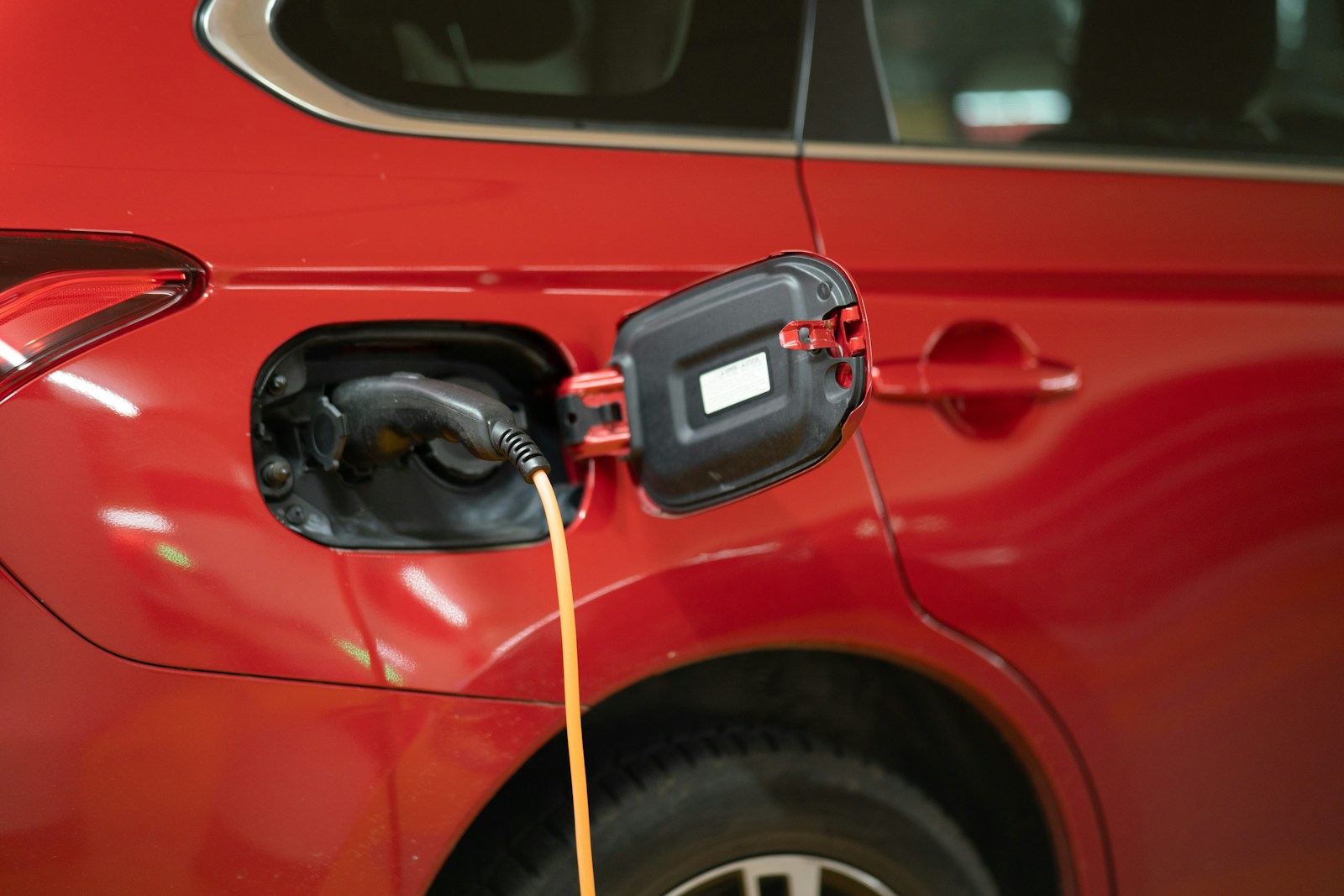As more consumers opt for electric vehicles, automotive service and repair businesses must adapt to meet the unique demands of this new technology. This article explores how electric cars are transforming the industry, from the technical challenges of maintenance to the necessary changes in skills and equipment.
The growing dominance of electric vehicles in the UK
The UK has witnessed a significant surge in EV adoption in recent years. Government incentives, increased consumer awareness and advancements in EV technology have all contributed to this trend.
As the number of EVs on the road continues to increase, so too will the demand for specialised services to maintain and repair these vehicles. Automotive service and repair businesses must be prepared to cater to this growing customer base.
The unique technical challenges of EV maintenance
EVs present distinct technical challenges for mechanics. One of the most significant differences lies in the absence of a traditional engine and transmission. This means that many of the routine maintenance tasks associated with internal combustion engine vehicles, such as oil changes and spark plug replacements, are no longer necessary.
However, EVs do have their own specific maintenance requirements. For example, the battery pack requires regular monitoring and maintenance to ensure optimal performance and longevity. Additionally, the electric motors and associated components, such as inverters and chargers, also require specialised care.
Changes in the skills and training required for technicians
To effectively service and repair EVs, technicians need to acquire new skills and knowledge. This includes understanding the principles of electric motors, battery technology and the intricacies of high-voltage systems. Additionally, mechanics must be familiar with the diagnostic tools and equipment specifically designed for EVs.
Training programs are now available to equip technicians with the necessary expertise. These programs cover a range of topics, from basic EV theory to advanced fault diagnosis and repair techniques.
Specialised tools and equipment in EV repair
EV maintenance and repair often require specific tools and equipment that are not commonly found in traditional workshops.
For example, high-voltage testers are essential for safely working on EV systems, as they can detect and isolate potential hazards. Additionally, battery analysers are used to assess the health and performance of EV batteries.
With electric vehicles featuring more intricate electrical networks, technicians are now more dependent on tools like car wiring diagrams to accurately diagnose and repair issues.
Software and diagnostics
The increasing complexity of EVs has led to a reliance on sophisticated software and diagnostic tools. These tools can help technicians identify and diagnose faults, as well as access vehicle data and programming information. Modern diagnostic systems often incorporate cloud-based platforms that provide access to real-time updates and technical support.
The future of automotive services
As the EV market continues to evolve, so too will the automotive service and repair industry. New technologies, such as autonomous driving and connected vehicles, will introduce additional challenges and opportunities. Automotive service and repair businesses that can adapt to these changes and invest in training and equipment will be well-positioned to thrive in the future.


